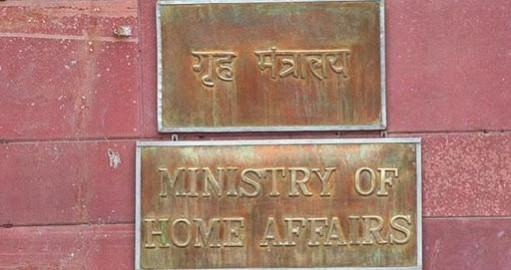The Centre has taken objection with a plea before the Delhi High Court that seeks to replace the term 'Central government' with 'Union government' or 'Union of India' in all official orders, notifications, and correspondences.
The plea argues that the Constitution originally intended the use of the term 'Union government' and that its usage would foster a more unified relationship between the
Union and the states, counteracting the perception of centralisation of power.
Representing the Centre, its counsel contended that the plea amounts to unnecessary litigation and should be dismissed.

A bench comprising Chief Justice Satish Chandra Sharma and Justice Sanjeev Narula has granted the Centre time to respond to the petition.
The petitioner, an 84-year-old individual named Atmaram Saraogi, through a Public Interest Litigation (PIL), urges the Ministry of Law and Justice to adopt the terms 'Union', 'Union government', or 'Union of India' instead of 'Central government' or 'Centre'.
However, the high court expressed skepticism about the public interest aspect of the plea, noting that there appears to be no prohibition on using the term 'Central government'.
In response, senior advocate Gopal Sankaranarayanan, representing the petitioner, highlighted that the Constitution of India exclusively employs the term 'Union government' and never uses 'Central government'.

He said that the phrase 'Central government' is not legally recognised and that Article 1 of the Constitution refers to the 'Union' rather than 'Central'.
The petitioner's contention aims to challenge the definition of 'Central government' as outlined in Section 3(8)(b) of the General Clauses Act, 1897, arguing that it is inconsistent with the constitutional framework of India as a 'Union of States'.
The petitioner believes that this terminology misrepresents the true nature of the Indian governance system, which is built on a union of states rather than a centralised government structure.
The petitioner's plea ultimately seeks a declaration that 'Central government' in legislative texts should be interpreted as 'Union government' or 'Union of India'.
The petitioner contends that this correction is essential to maintain the integrity of the relationship between the Union government and the state governments, as enshrined in the Indian Constitution.
The matter is scheduled for further hearing on December 5.
(With inputs from IANS)














